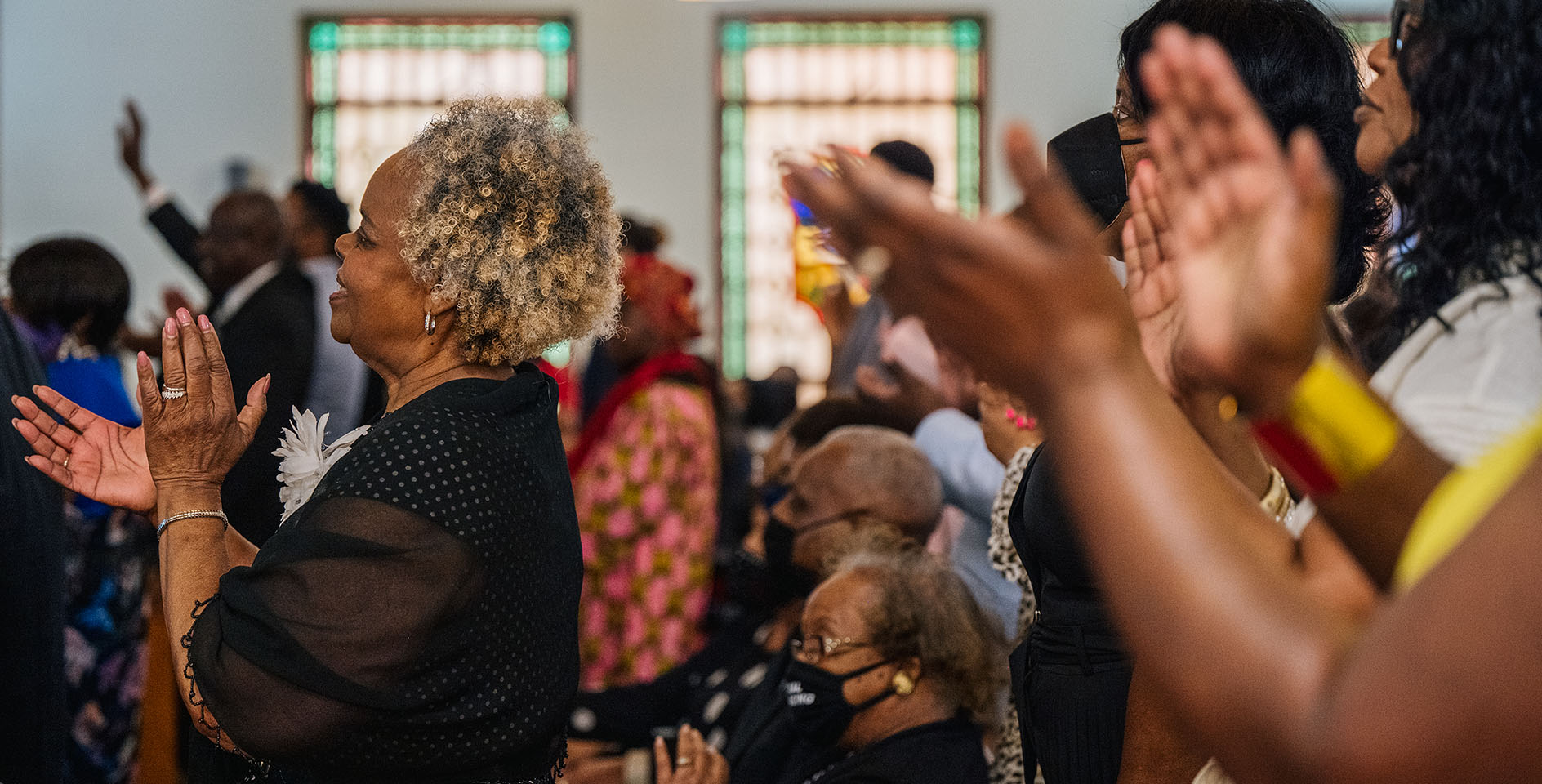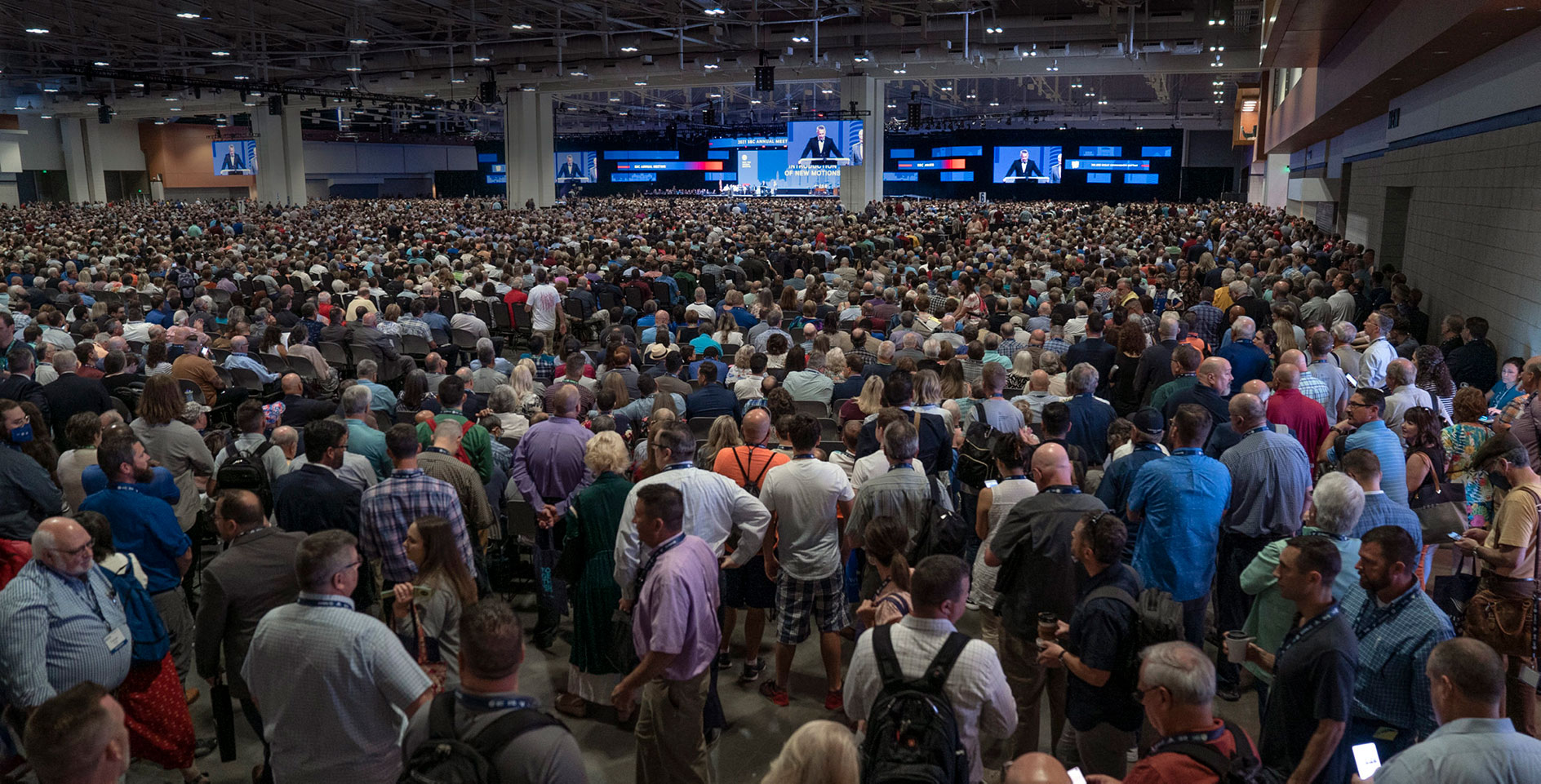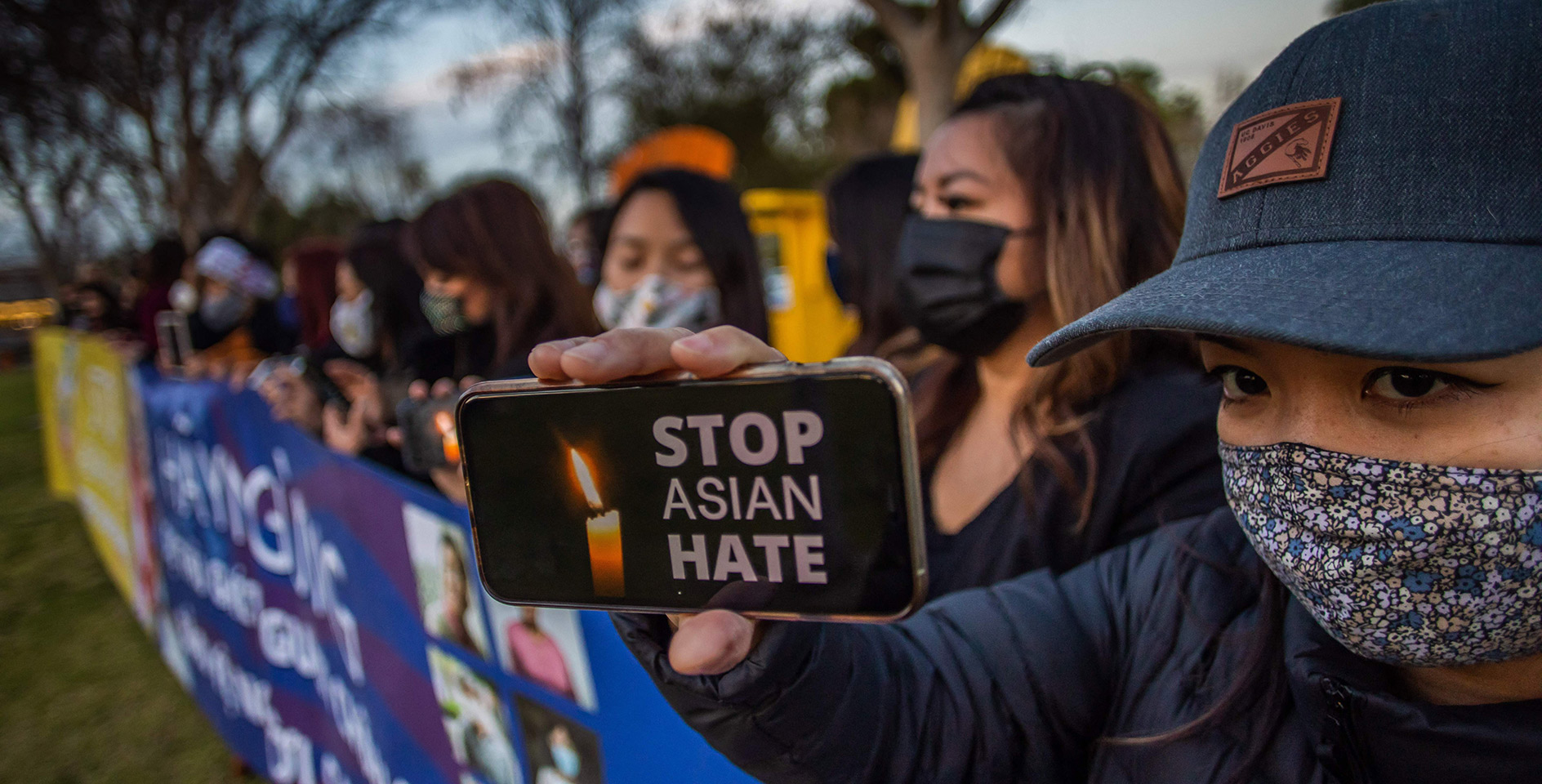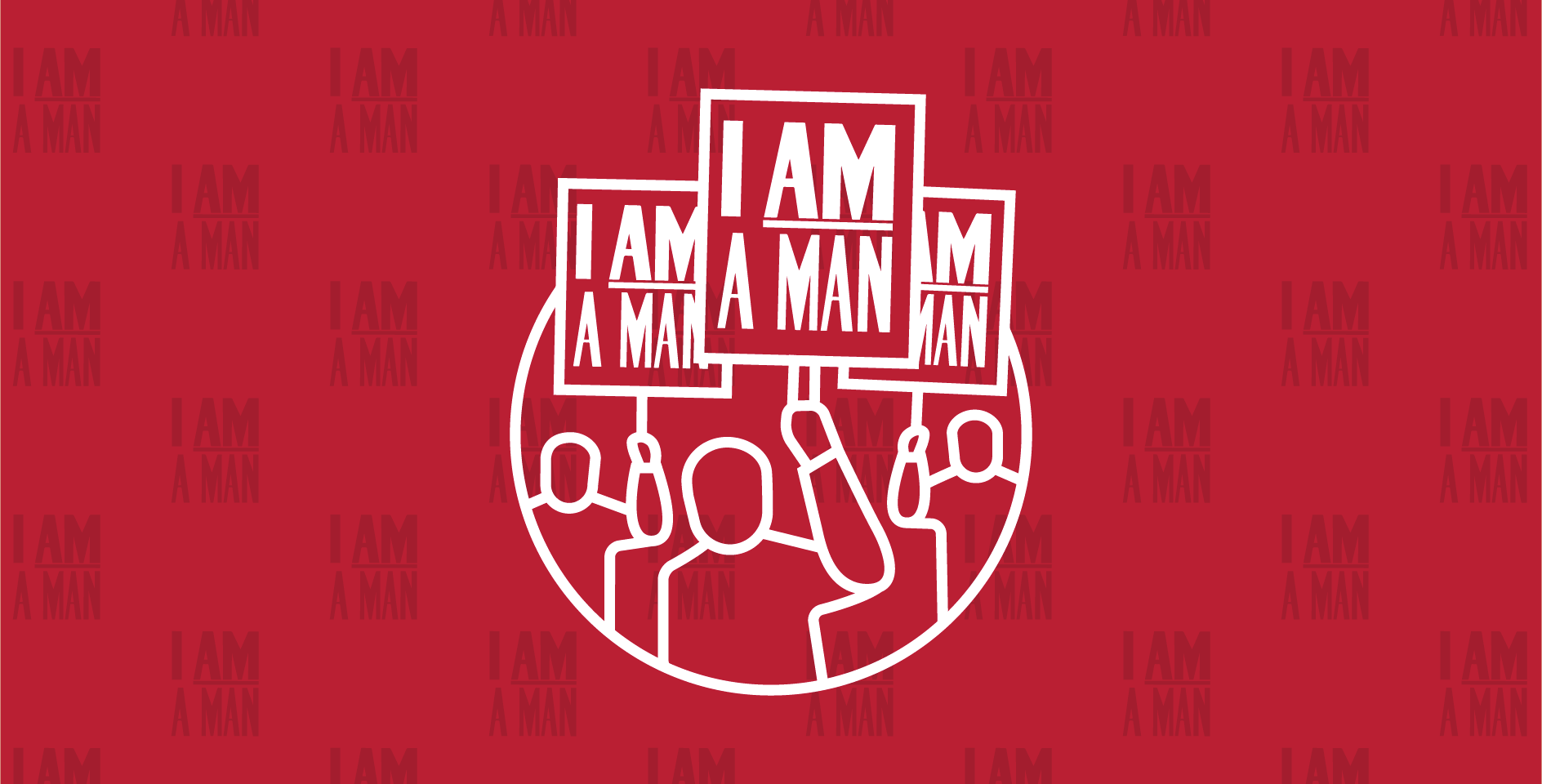In May of 2021, the eyes of the nation were on our city for a few days. Tulsa, Oklahoma, the city where I was born and in which I am currently a pastor, was remembering our most painful moment. The 1921 Tulsa Race Massacre ranks among the deadliest incidents of racial violence in U.S. History—with estimates of up to 300 deaths in the African American community, more than 800 hospitalizations, and countless Black-owned businesses and homes burned to the ground in a matter of hours.*
It is no secret that tackling issues related to racism, both past and present, comes with the risk of conflict. As our church has engaged these issues biblically in the last several years, however, we have experienced notable spiritual growth by intentionally choosing people over politics and dialogue over division. This was particularly true during the commemoration of the 1921 Tulsa Race Massacre, during which our church and our city took great strides toward biblical, gospel-centered racial reconciliation.
Small steps toward racial unity
As one might imagine, the effects of that terrible night in 1921 and the aftermath are still felt in our city. To this day, the north and south parts of Tulsa have very little interaction. Our church is just about as far south as one can go and still be in Tulsa’s city limits, and we are far away from the historic Greenwood District where the events occurred in 1921. It was an honor, therefore, when the community service arm of centennial commission created a bridge to our church, invited us to join, and welcomed us into their work.
Through our church’s involvement in the commission, many saw racism and racial reconciliation in a new light. We became more convinced than ever that we, as the Church, are better equipped to take the lead in discussions related to love, forgiveness, and unity, precisely because such attributes are at the very heart of the gospel message of Jesus Christ.
Our starting place in every single meeting and activity was never racial division. Our starting place was always that “we are one in Christ Jesus” (Gal 3:28).
When our identity as sons and daughters of the King of kings, and as brothers and sisters in Christ, supersedes any other identity, we can all take a posture of listening. After a period of over two years of listening and dialogue in our role with the commission, several of us developed new friendships that endure to this day.
One of the most memorable moments of that season came with Ms. Mary, known as the “church mother” in one of Tulsa’s oldest and most faithful African American churches. Mary stopped one of our meetings and expressed her concern that some members in churches like ours whose families have been in Tulsa for generations might have had relatives who were involved in the events of that terrible night in 1921. Then, she said, “Just give me their names and addresses and I’ll go straight to their front door and give them a hug and make sure they know we are not interested in fighting over the past. We love you, and we care much more about the future for everyone in our community.”
Where does that level of grace and kindness come from if not through the transformational power of the gospel through the love of Christ?
Uniting to remember and pray
In the end, about 70 churches around the city took time on the Sunday prior to the centennial anniversary to remember and to pray. I can think of no other time that Tulsa’s churches have come together with such shared commitment and plans.
Each church began the commemoration time by reading aloud Isaiah 43:18-19:
Forget the former things;
do not dwell on the past.
See, I am doing a new thing!
Now it springs up; do you not perceive it?
I am making a way in the wilderness
and streams in the wasteland.
Next, we sang Amazing Grace—a hymn we all agreed is heard regularly in churches with members of all different ethnicities, races, and languages all over the world. It was particularly moving to know that so many of our brothers and sisters around the city were singing the same words at around the same time—giving thanks to God in unity for our shared salvation through his amazing grace.
Finally, each church voiced these prayers:
- We prayed against the attitudes of racism that still exist in our world and in our culture today.
- We prayed against the sin of racism that still lives in some of our churches today.
- We prayed and repent of attitudes of racism, prejudice, or bias that God finds in our hearts.
- We prayed that we would see all people as made in the image of God and worthy of respect and a voice.
- We prayed for the healing which only the Spirit of God can bring.
- We prayed that despite this horrific tragedy, God would use each of us to help move us all forward along the path of racial reconciliation and harmony for the next generation to see, experience, and pass along.
As a pastor, I look back on that season with joy and a deep sense of gratitude. No, not everyone agreed on every single thing. Most, however, were willing to put aside defensiveness in favor of listening, learning, neighborliness, and community in Christ’s name. After all, as we reminded ourselves then and continue to remind ourselves today—intentional blindness to our sin, including racism, is antithetical to truth. As the Apostle John reminds: If we claim to be without sin, we deceive ourselves and the truth is not in us (1 John 1:8).
Thanks be to God in Jesus Christ, however, that forgiveness is possible. As the very next verse proclaims: If we confess our sins, he is faithful and just and will forgive us our sins and purify us from all unrighteousness (1 John 1:9).
*For more on the 1921 Tulsa Race Massacre: Greenwood Rising Video.










